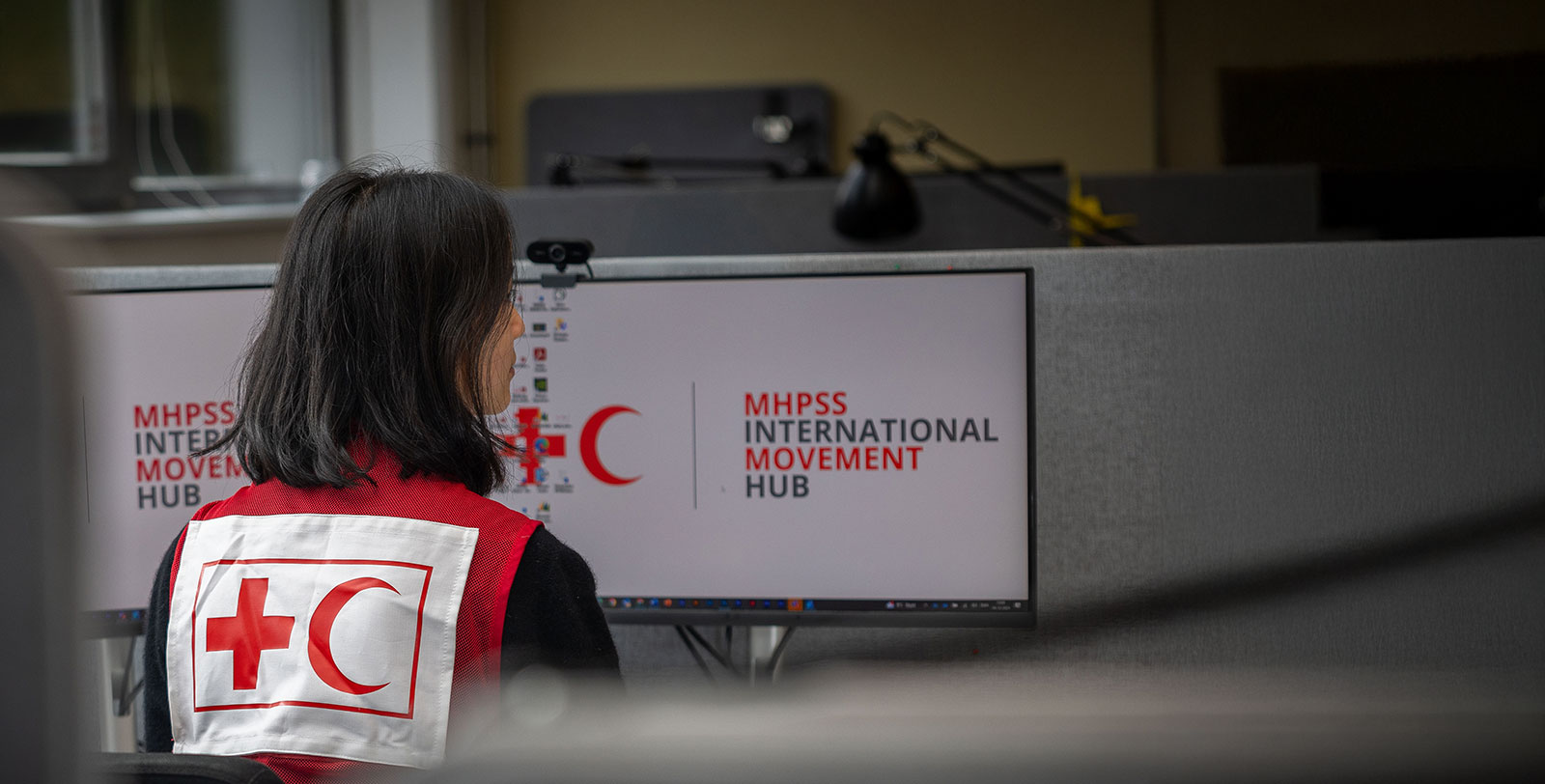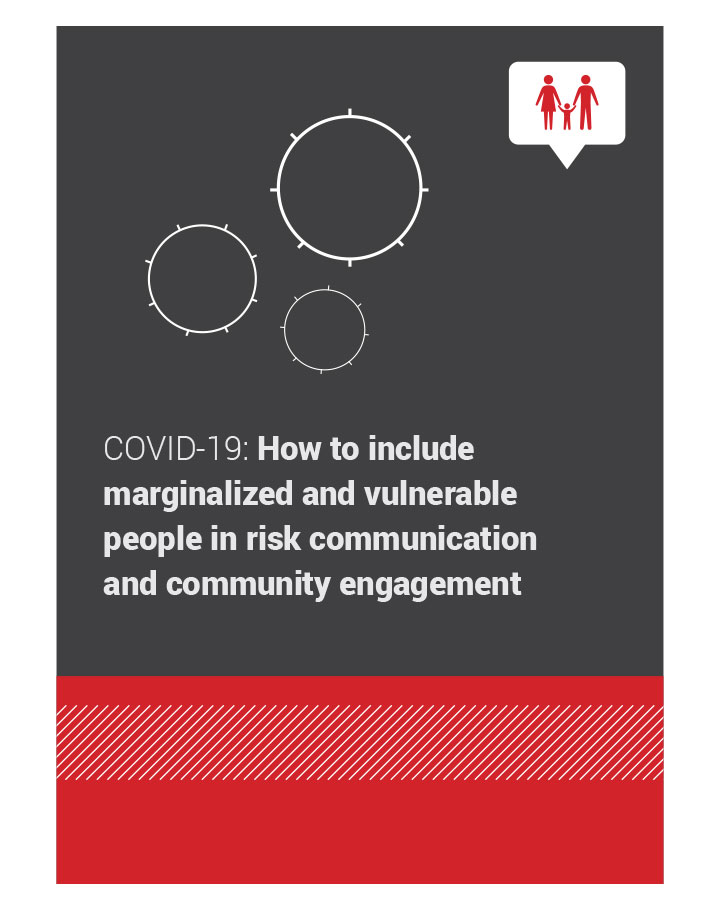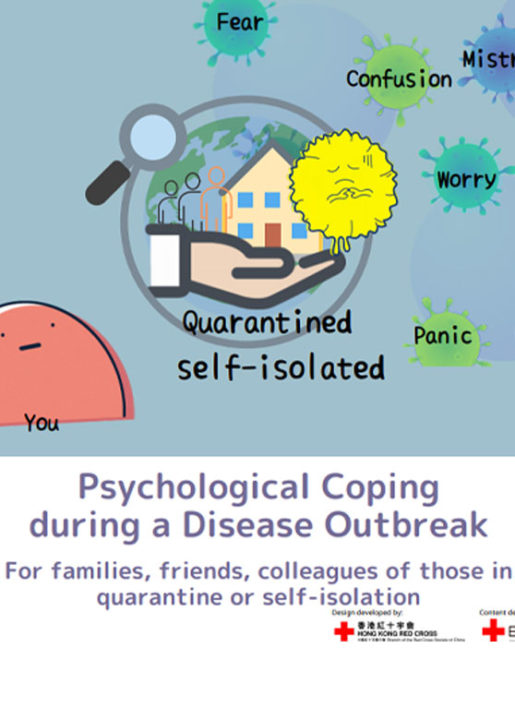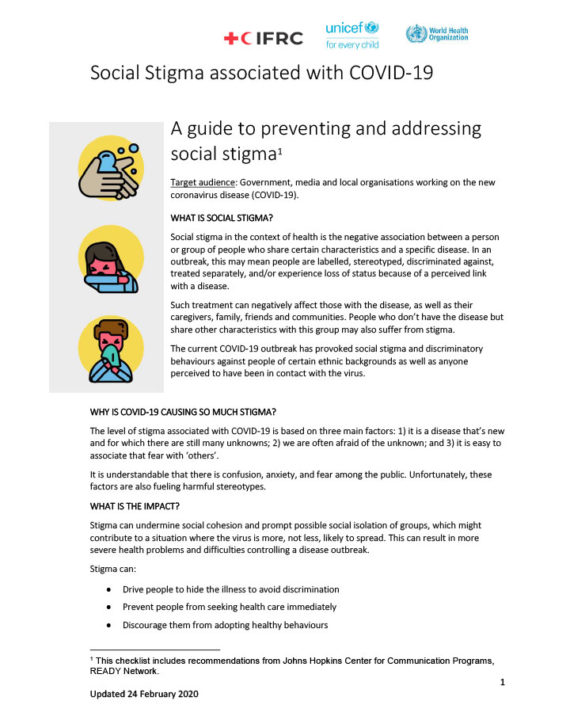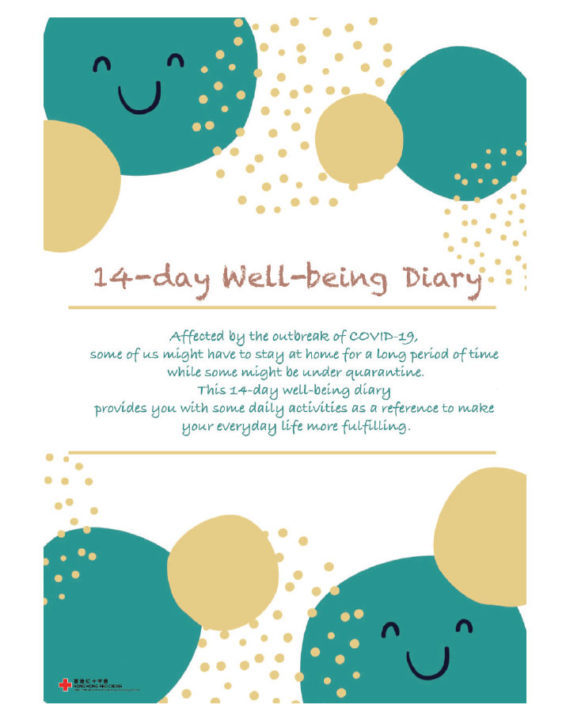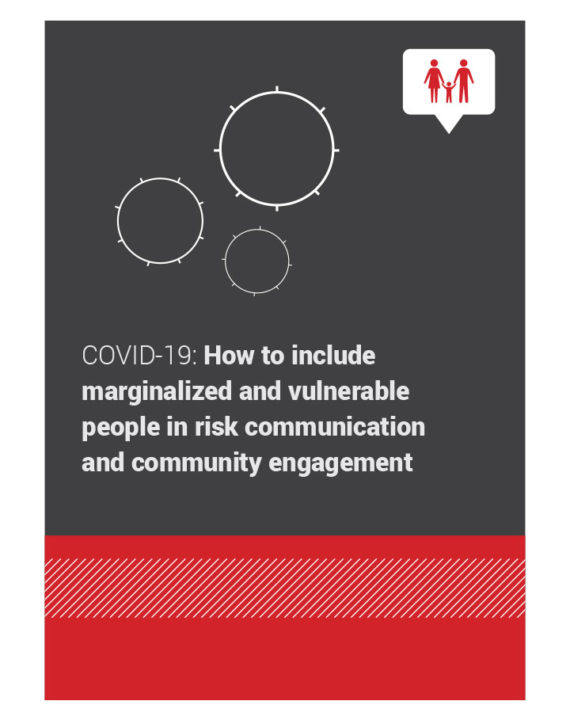Women, the elderly, adolescents, youth, and children, persons with disabilities, indigenous populations, refugees, migrants, and minorities experience the highest degree of socio-economic marginalization. Marginalized people become even more vulnerable in emergencies. This is due to factors such as their lack of access to effective surveillance and early-warning systems, and health services. The COVID-19 outbreak is predicted to have significant impacts on various sectors. The populations most at risk are those that:
- depend heavily on the informal economy;
- occupy areas prone to shocks;
- have inadequate access to social services or political influence;
- have limited capacities and opportunities to cope and adapt and;
- limited or no access to technologies.
By understanding these issues, we can support the capacity of vulnerable populations in emergencies. We can give them priority assistance, and engage them in decision-making processes for response, recovery, preparedness, and risk reduction.
